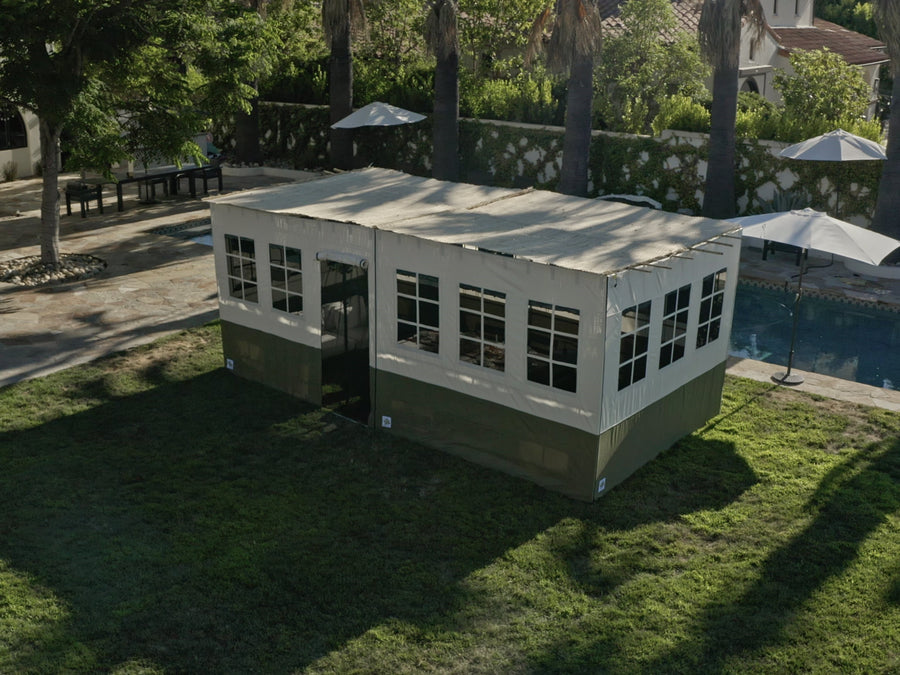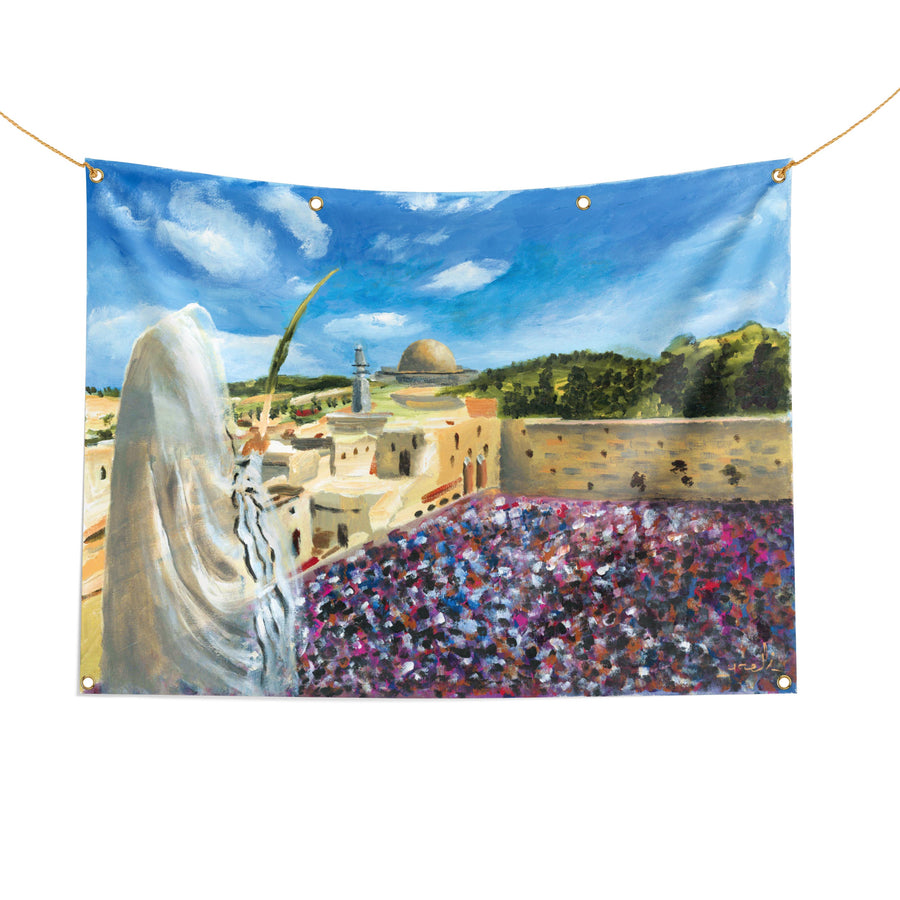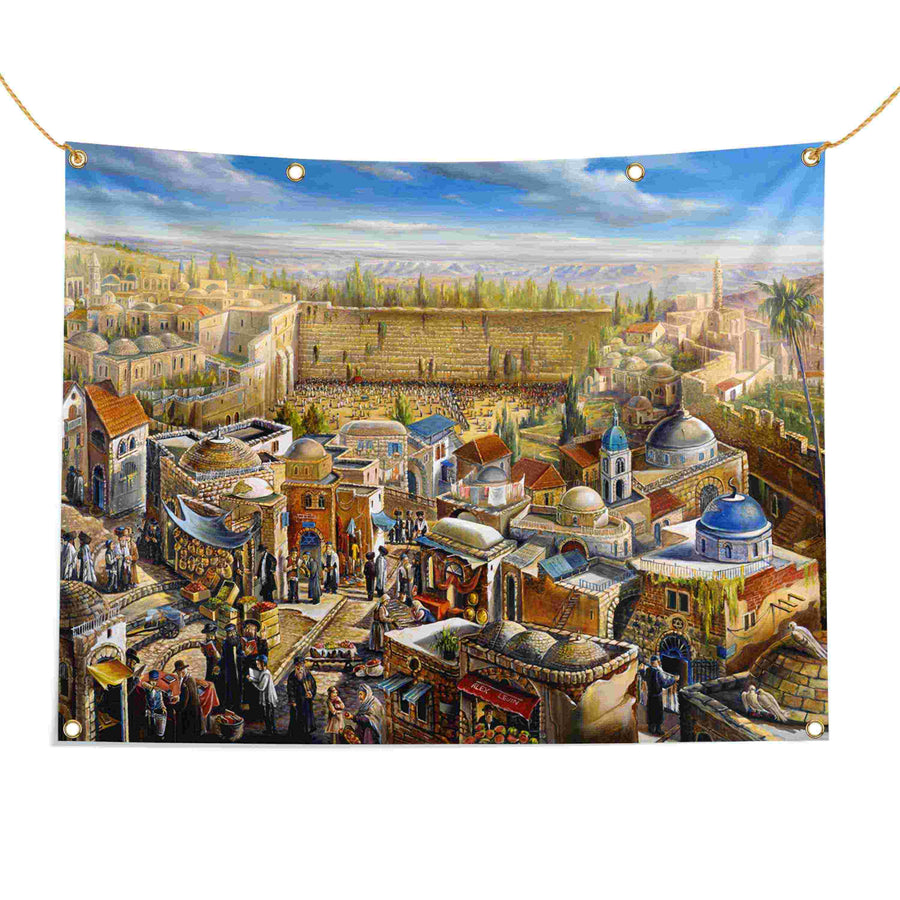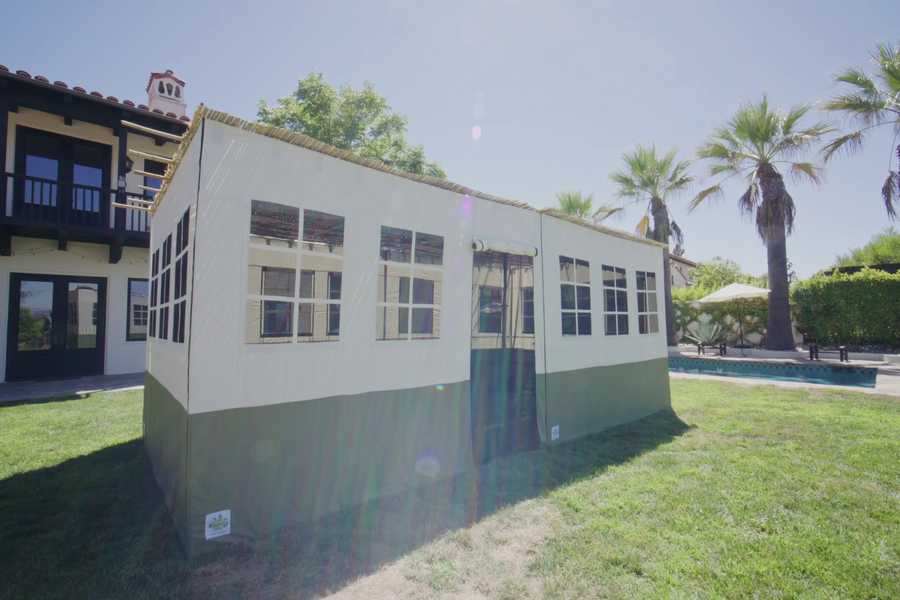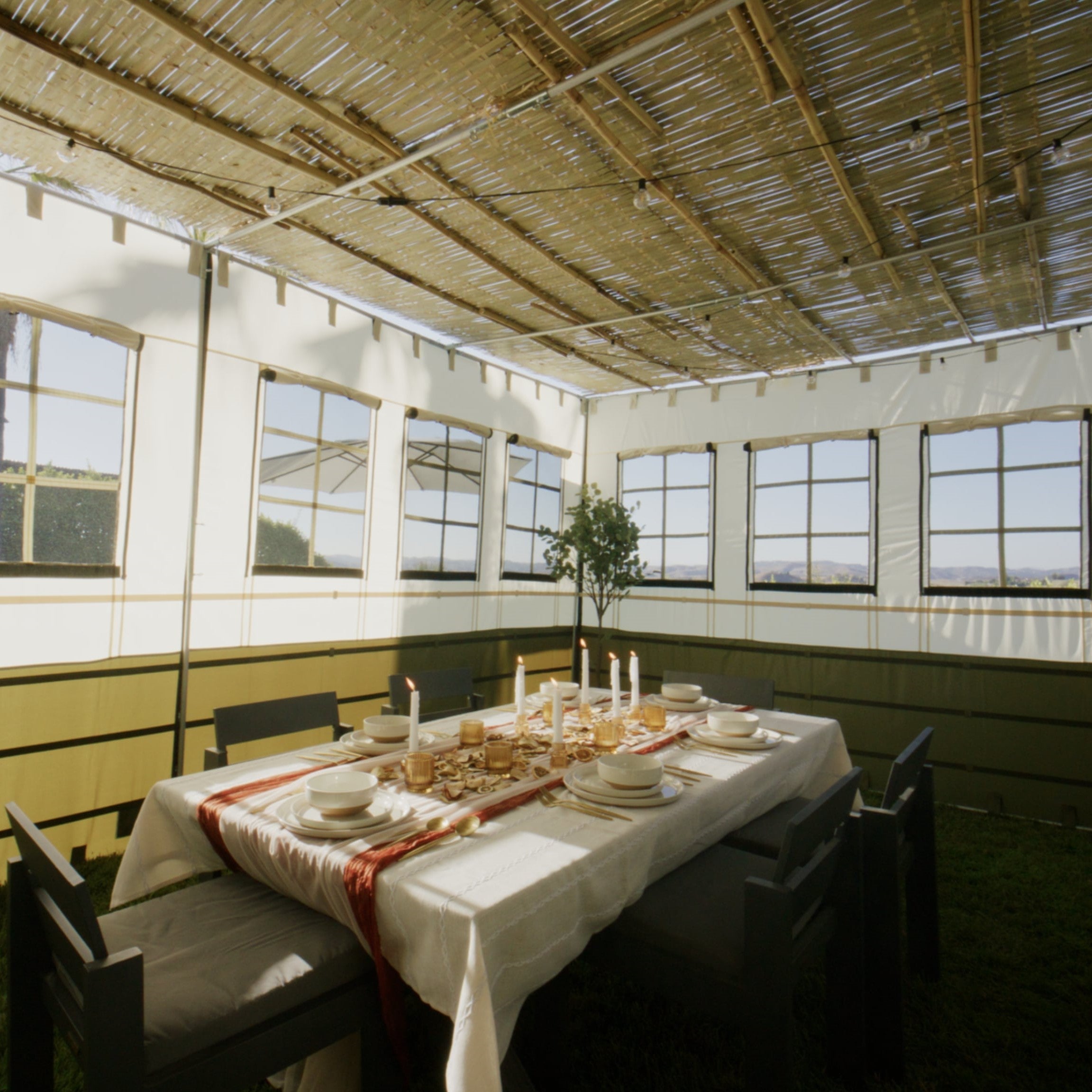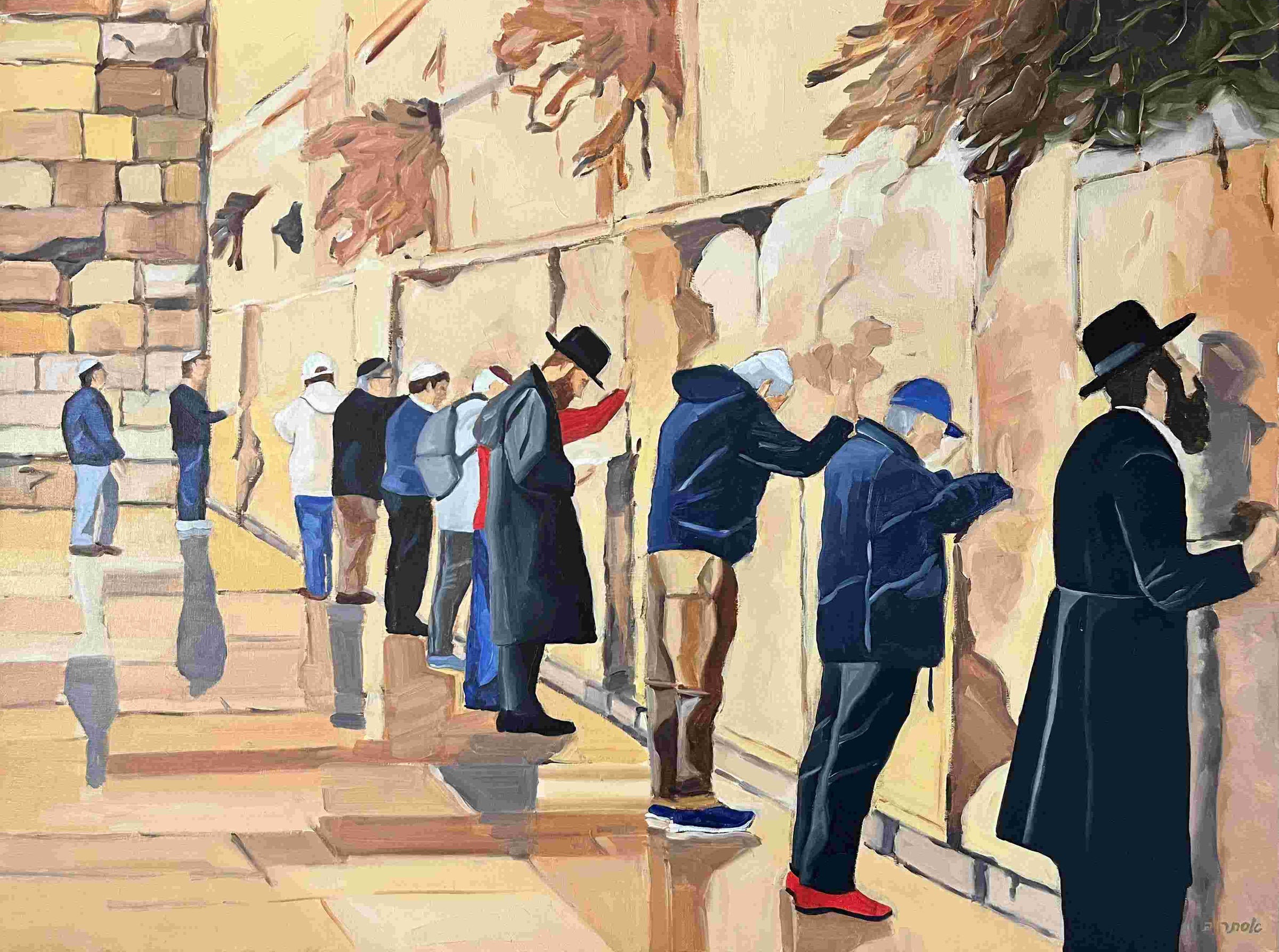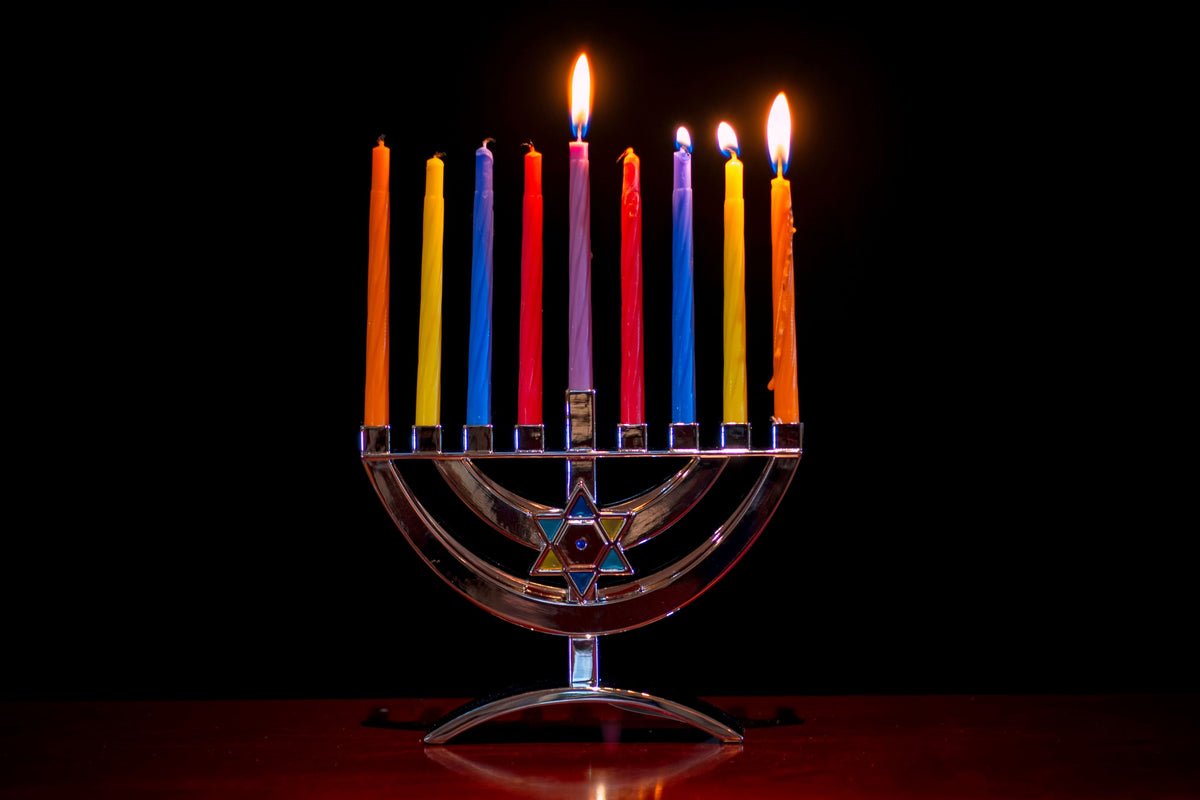

Table of content
Hanukkah – a holiday where we light candles, eat far too many latkes, and enjoy some well-earned guilt-free jelly doughnuts. But amidst all the flickering flames and oil-drenched treats, you might find yourself asking: Why do we celebrate Hanukkah at all? And why do we celebrate for eight days? Didn’t the miracle only last for seven ? Let’s dive headfirst into these questions:
Eight Days, Seven Miracles: What Gives?
We’ve all heard the classic story: after the Maccabees reclaimed the Temple , they found a single cruse of pure oil, enough to keep the menorah (the candelabrum) lit for just one day. Yet, by some divine miracle, that oil burned for eight days , giving them enough time to press and purify more. But hold up – if there was already enough oil for one day , isn’t the miracle really just seven days? So, why do we celebrate for eight?
This age-old question, famously asked by the Beis Yosef (Rabbi Yosef Karo), has inspired hundreds of answers over the centuries. Here are some of the highlights:
A Little Goes a Long Way: According to one explanation, the oil was divided into eight parts. The Maccabees used only 1/8th of the oil each night, and – miracle of miracles – it burned just as brightly as if it were full.
The Ever-Replenishing Flask: On the first night, they emptied the flask into the menorah. Yet, when they checked the flask the next morning, it was mysteriously full again. Repeat this for all eight nights, and you’ve got yourself an eight-day miracle.
Defying Nature from Day One: Some sages suggest that even the first day was miraculous – not because the oil lasted longer than expected, but because they found pure oil at all in the war-ravaged Temple. If finding one undefiled cruse in a mess of destruction isn’t miraculous, what is?
Burning Against the Odds: Another theory posits that because the menorah was lit outside, in the Temple courtyard, the oil should have burned out quickly due to wind exposure. Yet even the first night’s flame stayed strong, making all eight days miraculous.
Celebrating Natural Miracles: Rabbi Moshe Feinstein proposed that the first day reminds us that even the “natural” burning of oil is miraculous. After all, as Rabbi Chanina ben Dosa said, “The same God who makes oil burn can make vinegar burn.” The laws of nature are no less wondrous than a miracle.
So, whether it’s about the oil itself, its replenishment , or the sheer improbability of finding it, every day of Hanukkah has a reason to shine.
Victory! But Was It Really a Win?
Let’s address the elephant in the room: the Hasmonean victory was a pretty mixed bag. Yes, the Maccabees drove out the Syrian-Greeks, reclaimed the Temple, and restored Jewish sovereignty. But if we fast-forward a couple of centuries, the Second Temple is destroyed, the Hasmonean dynasty fizzles out , and the Jewish people are once again scattered. From that perspective, you might wonder: Why are we celebrating a “win” that wasn’t exactly permanent?
The answer lies in what the victory represents, rather than its ultimate political outcome. Hanukkah isn’t just about the military success; it’s about the survival of Jewish identity and values. At the time of the revolt, the greatest threat wasn’t just the external pressure from the Syrian-Greek Empire but the internal challenge of assimilation. Many Jews had begun adopting Greek customs, values, and even religious practices. The Maccabees weren’t just fighting the Greeks – they were fighting to preserve Jewish traditions in a rapidly Hellenizing world.
Rabbi Joseph B. Soloveitchik highlighted this deeper battle, explaining that the true war wasn’t external but internal. The Syrian-Greek forces might have occupied Jerusalem , but the more insidious threat came from the mityavnim – Jewish Hellenists who sought to erase traditional Jewish practices in favor of Greek culture. The victory over these internal forces of assimilation was, in many ways, more significant and enduring than the military conquest.
This perspective helps us understand why Hanukkah focuses on the lighting of the menorah rather than the battlefield. The menorah symbolizes purity, sanctity, and the re-dedication of Jewish values. When the Maccabees restored the Temple and kindled the menorah, they weren’t just lighting oil – they were reigniting the flame of Jewish identity. And that flame continues to burn brightly, long after the Hasmonean dynasty faded into history.
A Short-Lived Dynasty, an Eternal Legacy
While the Hasmonean rule wasn’t free from flaws (and, let’s be honest, some serious palace drama), it achieved something monumental: it reestablished Jewish sovereignty for the first time in centuries. Even if this independence didn’t last, the act of reclaiming the Temple and restoring Jewish rituals sent a powerful message of resilience. It demonstrated that the Jewish people could rise up , resist oppression, and fight for their faith and freedom.
And let’s not forget the cultural legacy. The rituals the Maccabees fought to protect – Shabbat, bris milah (circumcision), Rosh Chodesh (celebration of the new moon), and others – r emain core to Jewish identity today. The Maccabee s didn’t just fight for land ; they fought for the right to be Jewish without compromise. That’s a victory that transcends politics.
Conclusion? A Win Beyond the Battlefield
Some might argue that celebrating Hanukkah in light of the eventual fall of the Second Temple is bittersweet , if not outright contradictory. But history often reminds us that even short-lived victories can have lasting impacts. The Hasmoneans’ success created a moment of spiritual renewal that has echoed through generations. Even after the Temple was destroyed, the values it represented – faith, resilience, and hope – continued to guide the Jewish people through centuries of exile.
The fact that we still light the menorah today, more than 2,000 years later, is a testament to the enduring significance of this victory. Hanukkah isn’t about celebrating a perfect outcome ; it’s about celebrating the power of persistence and the enduring light of faith. The flames we light each year remind us that even in the darkest times, a spark of hope can illuminate the way forward.
